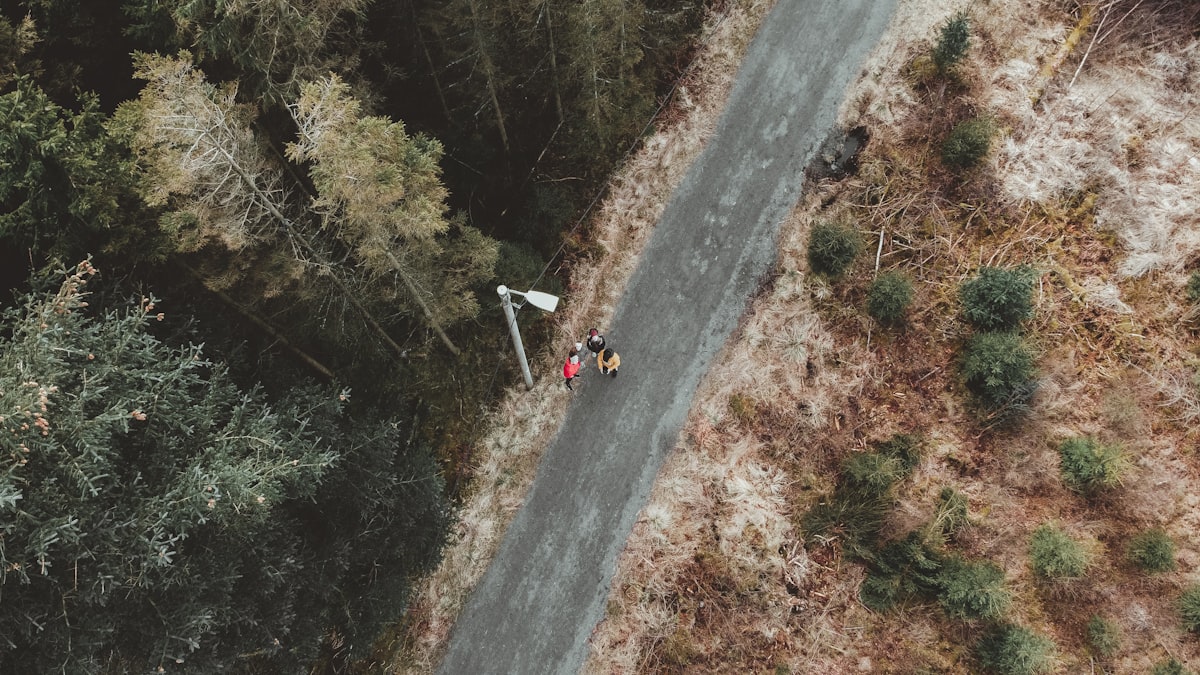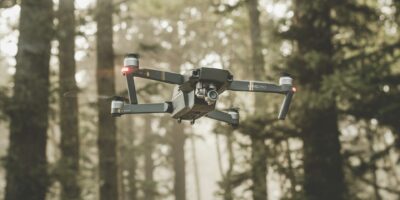Drone Service Providers
Drone Service Providers
Drone service providers are transforming multiple industries. From agriculture to delivery services, drones offer unprecedented efficiency and capabilities. These companies leverage advanced drone technology to meet various needs, enhancing productivity and reducing costs.

Agriculture and Farming
Farmers use drones to monitor crops and livestock. Drones equipped with high-resolution cameras capture detailed images of fields. They provide insights into crop health, allowing for timely interventions. This process is known as precision agriculture.
- Mapping fields for planting
- Assessing crop health
- Monitoring irrigation systems
- Spraying pesticides with high accuracy
Using drones in agriculture optimizes resource use. Farmers get more control over their operations, leading to better yields.
Construction and Infrastructure Inspection
Construction sites benefit significantly from drone technology. Drones help in site surveying, 3D mapping, and progress tracking. High-resolution imaging allows for detailed inspection of structures.
- Surveying land before construction
- Monitoring construction progress
- Performing safety inspections
- Inspecting bridges, towers, and other structures
Regular use of drones in construction ensures projects remain on schedule and within budget. They enhance site safety by reducing the need for dangerous manual inspections.
Delivery Services
Drone service providers are revolutionizing the delivery industry. Companies like Amazon and Google have introduced drone delivery services. Drones can deliver small packages quickly, bypassing traffic and reducing delivery times.
- Delivering medical supplies in emergency situations
- Transporting small consumer goods
- Providing fast service in urban areas
- Reaching remote or inaccessible locations
Using drones for delivery reduces operational costs and environmental impact by cutting down on vehicle emissions.
Search and Rescue Operations
In emergency situations, drones play a crucial role. They offer aerial views of disaster areas, helping rescue teams navigate and plan effectively. Equipped with thermal cameras, drones can detect human presence in challenging environments.
- Searching for missing persons
- Surveying disaster zones
- Delivering essential supplies to stranded individuals
- Assisting in firefighting efforts
Incorporating drones into search and rescue operations saves time and lives.
Environmental and Wildlife Monitoring
Environmental organizations use drones to monitor wildlife and ecosystems. Drones provide non-intrusive ways to collect data, capturing images and videos without disturbing the natural habitat.
- Tracking animal migration patterns
- Monitoring deforestation and reforestation efforts
- Surveying marine and coastal areas
- Detecting environmental hazards
Tracking wildlife movements and environmental changes provides valuable data for conservation efforts.
Real Estate Marketing
The real estate industry uses drones to capture stunning aerial views of properties. High-quality images and videos enhance property listings, attracting potential buyers. This technology offers a comprehensive perspective that traditional photography cannot.
- Photographing large estates
- Capturing views of luxury properties
- Showcasing properties in unique locations
- Creating virtual tours and promotional videos
Drones offer a modern way to market real estate, making listings more appealing and informative.
Media and Filmmaking
Drones have become essential tools in the media and entertainment industry. They capture aerial footage that was once costly and challenging to obtain. Filmmakers, news agencies, and content creators utilize drones to produce captivating visuals.
- Filming action scenes and stunts
- Covering live events and sports
- Creating unique perspectives in documentaries
- Enhancing cinematography in movies and videos
The use of drones in media results in visually stunning content, enhancing the viewer experience.
Security and Surveillance
Drones offer robust solutions for security and surveillance. Organizations deploy drones to monitor large areas, improve safety, and respond to incidents swiftly. They provide a cost-effective alternative to traditional security measures.
- Monitoring crowds and public events
- Securing critical infrastructure sites
- Patrolling borders and restricted areas
- Conducting reconnaissance missions
Drones provide an unparalleled level of surveillance, enhancing security efforts and situational awareness.
Insurance Claims and Assessment
Insurance companies use drones to assess damage and process claims quickly. They provide a detailed view of affected areas, allowing for accurate and efficient evaluations. This speeds up the claims process and improves customer satisfaction.
- Inspecting damage after natural disasters
- Assessing roof and property damage
- Examining accident scenes
- Documenting evidence for claims
Drones’ precision and speed make them invaluable tools in the insurance industry.
Education and Research
Educational institutions and researchers use drones for various studies and experiments. They serve as practical tools in fields like geography, environmental science, and engineering. Drones enable unique learning experiences and data collection methods.
- Conducting geographical surveys
- Studying atmospheric conditions
- Researching environmental impact
- Developing new drone technologies
Utilizing drones in education and research broadens the scope of knowledge and innovation.
Energy Sector Operations
The energy sector benefits from drones in numerous ways. Companies use drones to inspect and maintain infrastructure like power lines, wind turbines, and solar farms. This reduces downtime and enhances operational efficiency.
- Inspecting power lines and electrical grids
- Monitoring wind turbine conditions
- Surveying solar panel arrays
- Detecting gas and oil pipeline leaks
Drones ensure energy infrastructure is maintained effectively and safely.
Telecommunications
Telecommunication companies use drones to inspect and maintain antennas and towers. Drones provide a safer and quicker alternative to manual inspections, especially in hard-to-reach areas. This increases service reliability and reduces operational risks.
- Inspecting cell towers
- Surveying new installation sites
- Monitoring signal equipment
- Ensuring compliance with regulations
The adoption of drones in telecommunications leads to better network performance and safety.


